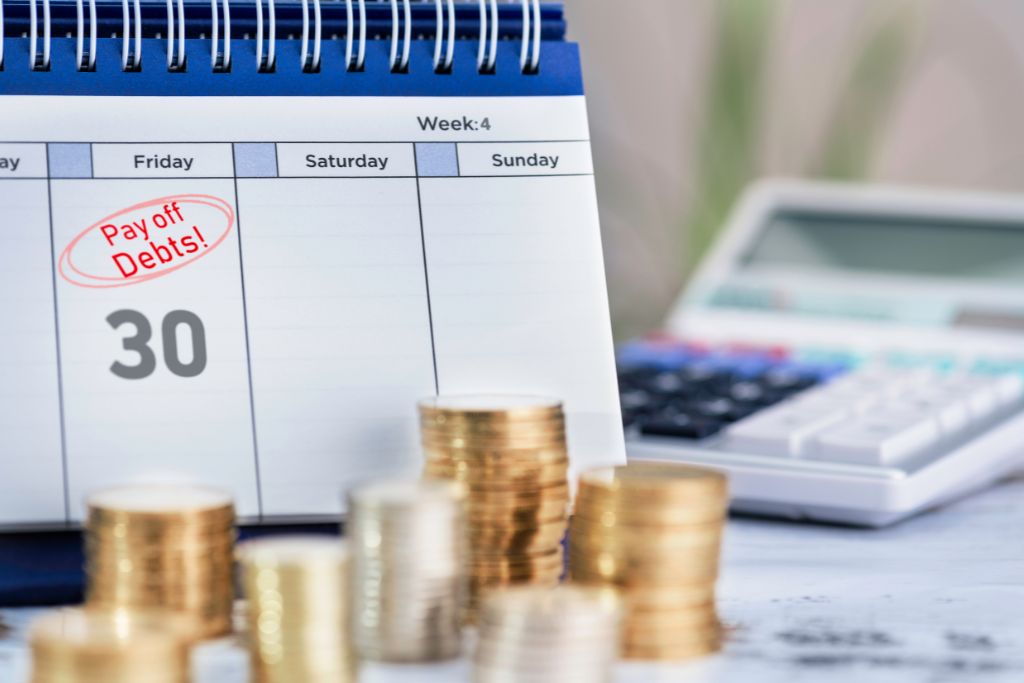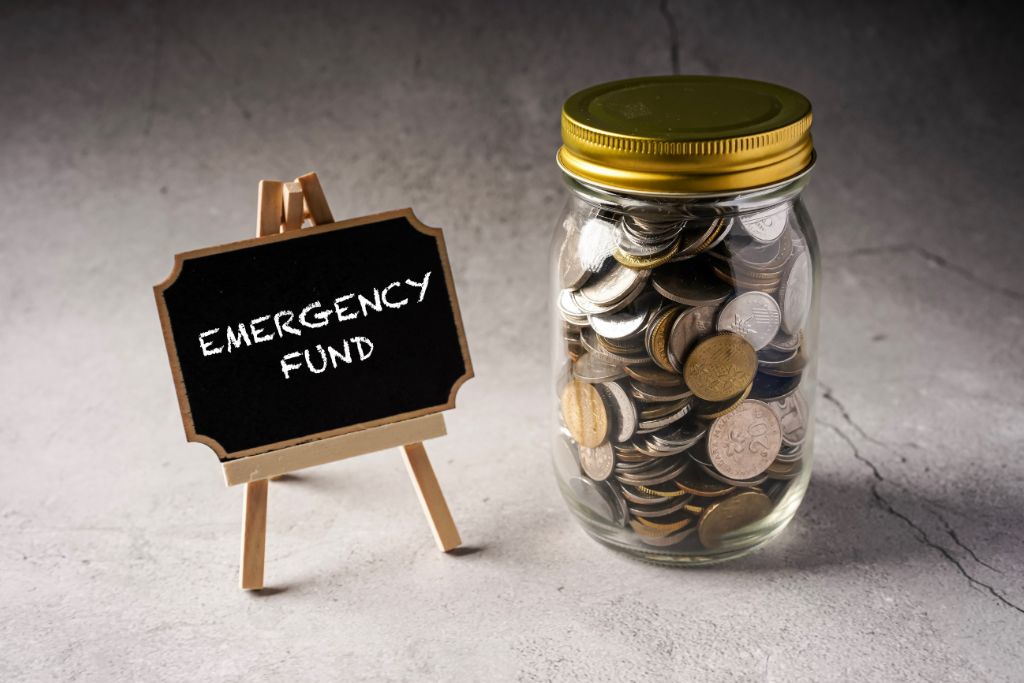
Money is a powerful tool that can help you achieve many things. It can give you comfort and stability, help you plan for the future and allow you to save towards important milestones. However, to truly make your money work for you, you must learn how to manage it. It starts with knowing what your goals are (turn them into SMART goals) and creating action plans to reach those goals. There is no “easy” way to make money, but there are a variety of ways that people can make money and achieve success. These include personal finance, entrepreneurship, business administration, and marketing. There are also a variety of tools that can be used to help individuals achieve their goals. Some of these include online surveys, online programs that offer paid commissions, and paid affiliateships.
Budgeting
Budgeting is a way of allocating a set amount of money to purchase various goods and services. It can help you achieve your long-term financial goals, such as saving toward a down payment on a car or paying off student loans after graduation.
It also helps you keep track of your expenses and spend your money wisely. Creating a budget can be challenging, but it can also be very rewarding.
First, write down your normal monthly expenses, such as your rent or mortgage, utility bills, food, clothing, transportation costs, and more. Depending on your circumstances, some of these may be fixed each month, while others may fluctuate.

Once you have a list of your monthly expenses, it’s time to make a plan for spending them. Use the 50/30/20 rule to divide your monthly expenses into must-haves, savings, and wants.
This will help you determine where to cut back and where to splurge on extras. Once you’ve made a plan for your spending, it’s time to tweak it every few months as new expenses come up or others fall away.
Investing
There are many ways to make money, and one of the most popular is investing. It can help you reach your financial goals, grow your wealth faster than inflation, and mitigate risk.
If you are unsure where to start, start by creating a strategy and researching the best investments for your situation. This will include knowing your priorities, the timeline for achieving your goals, and risk tolerance.

You can also use a robo-advisor to help you find the right investment options for your needs. Once you have a strategy, start making small, affordable investments.
Investing can be challenging, but it’s never too early to get started. Start by paying down debts and building an emergency fund, then take that money and invest it in your choice of investments.
Paying Off Debt
If you are in debt, it is essential to make paying off that debt a priority. It may seem like a daunting task, but it is one that can be conquered with the right plan and motivation.
There are several strategies to pay off your debt, but the most effective approach for you depends on your individual financial situation and goals. For example, you may prefer to focus on saving and investing first before paying off debt.

Another option is to use a debt snowball method, popularized by personal finance expert Dave Ramsey. This is a great way to get quick wins by slashing balances off your debt sheet and rewarding yourself with small achievements.
Another common strategy is to prioritize paying off your highest-interest debts first. This can save you a lot of money on interest and can help you achieve your goal faster.
Creating an Emergency Fund
Creating an emergency fund is one of the most important things you can do to ensure your family’s financial security. Whether you’re facing unexpected bills or job loss, an emergency fund can help protect you and your family from serious financial problems.
The amount of money you need to set aside depends on your income and expenses. For instance, sole breadwinners or business owners may want to aim for nine to 12 months of expenses.

To start, consider putting a percentage of your net income each month towards your emergency fund. You can do this by making regular deposits or by setting up automatic direct deposits from your paycheck to your emergency fund.
It can also be helpful to save money from unexpected sources like a tax refund or an employment bonus. Saving these windfalls can make reaching your emergency fund goal that much easier.
If you want to develop a healthy relationship with money and make it work for you, it’s important to cultivate a positive money mindset. This means shifting your beliefs and attitudes about money to focus on abundance rather than scarcity and approaching financial decisions with intention and mindfulness. One helpful resource for developing a healthy money mindset is the article “Money Mindset: Healthy Financial Relationships“, which provides practical tips and strategies for transforming your relationship with money. By incorporating the insights and practices outlined in this article, you can create a more positive and prosperous financial future for yourself.

